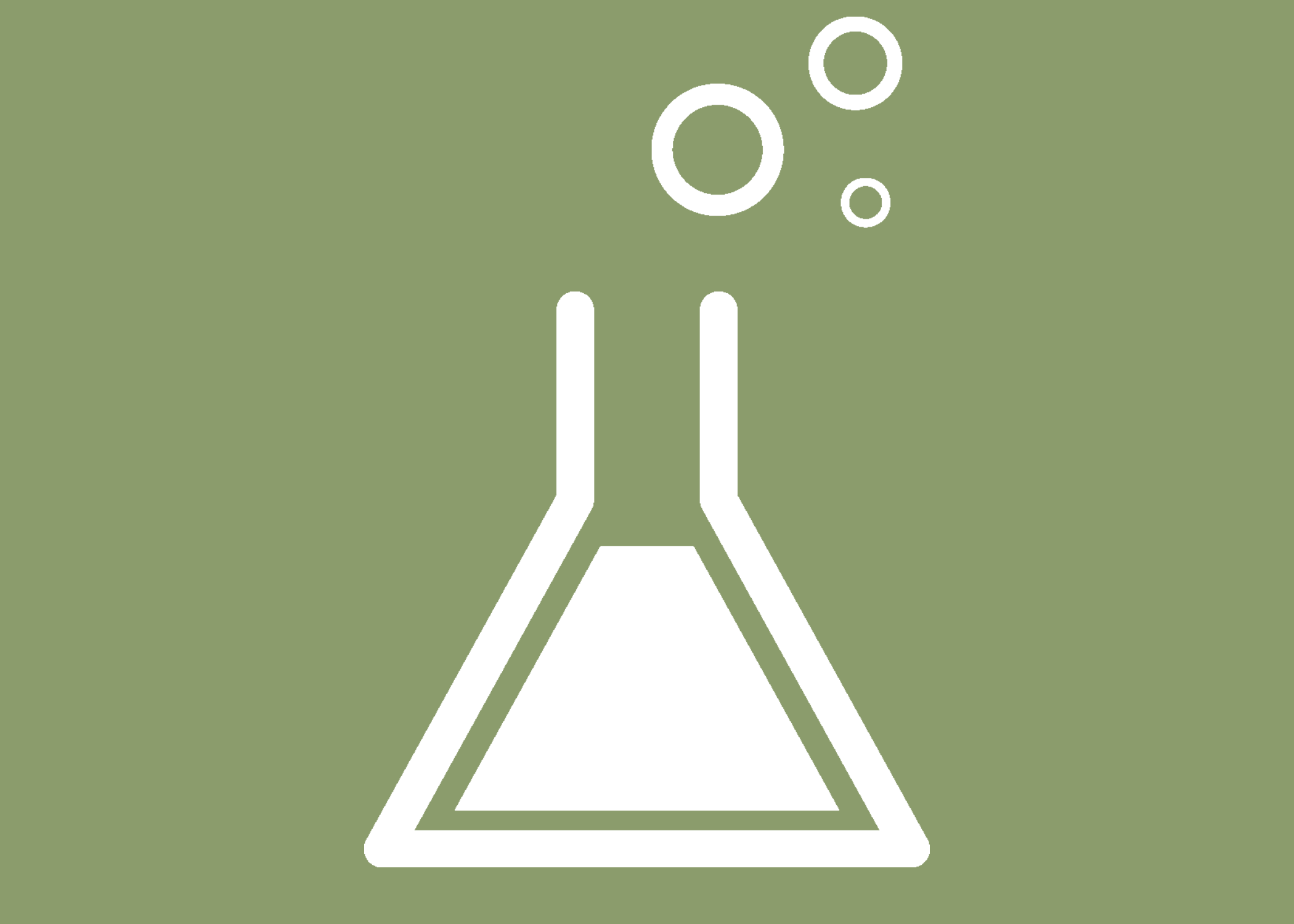Once you are entering the laboratory, you should be aware of and prioritize lab safety regardless of any situations. Most of the lab manager certainly would have developed effective training programs, best practices as well as safety audits to mitigate the risks in the lab.
The objective is to ensure the safety of everyone in the lab to be guaranteed and maintaining a safe working environment. Nevertheless, here is the basic lab safety tips to help you when you are experimenting in the lab.

Flammable Cabinets
The flammable safety cabinet is crucial, which act as a staple if you are storing the hazardous liquid in remote or high occupancy sites. The flammable cabinet help to classify and warn of flammable contents and keep them safely organized and separated from any other objects.
Besides, it also used to protect flammable contents foe a specific amount of period during the fire conditions. Therefore, this will allow extra time for evacuation and provides emergency responders more time to control the fire before it extends to other dangerous materials.
Basically, the function of the flammable cabinet is similar to the chemical cabinet but with more additional advanced features such as automatic closing doors, ventilation systems, and pump to funnel spills.

Emergency Shower & Eyewash Stations
Moreover, emergency shower and eyewash stations are a necessary backup to minimalize the effects of accidental exposure to the high-risk materials.
As a matter of fact, the first 10 to 15 seconds exposure to hazardous substances, are critical and delaying treatment may have caused more severe or fatal injuries.
The accidental exposures to high-risk materials, namely toxic, chemical, corrosive or similarly hazardous substances could happen anytime unexpectedly even with the proper and systematic safety precaution in place.
This is why you need emergency eyewash and shower stations to be placed in the lab and also provide on-the-spot decontamination. It helps the workers to instantly flush away the hazardous substances that could inflict much more injury if kept longer. Besides, it also useful in extinguishing clothing fire or for flushing contaminants off clothing.
Laboratory Fume Hood
According to the USU Environmental Health and Safety, work that involving harmful and hazardous materials that are odoriferous, toxic, volatile or dangerous should be conducted within a chemical fume hood.
Also, it is essential to install the fume hood in the laboratory as it could capture, retain and discharging noxious or hazardous fumes, vapours and dust generated within it.

The laboratory fume hoods and adjacent works should always be kept clean and free of the debris all the times. This is because the objects lodged in the ducts or fans could adversely affect the operating system of the fume hood.
Spill Pallet
A spill pallet is designed especially with internal storage space to prevent the leakage and spills from the containers. The spill pallet could capture 120 per cent of the volume of the most substantial packet that may be carried on it.
In addition, spill pallet also is constructed with Tyne holes which enable them to be lifted and moved using the forklift easily.
Where can Spill Pallet be Utilized?
Spill pallet can be sued wherever the chemicals or oils are being transported and stored in the drum container. Most of the warehouse would use spill pallet, as they often handle a wide array of products.
Spill pallets also allow the companies to create a temporary storage location, which is in the vicinity to the point where the chemicals will be used again. Visit our website here!